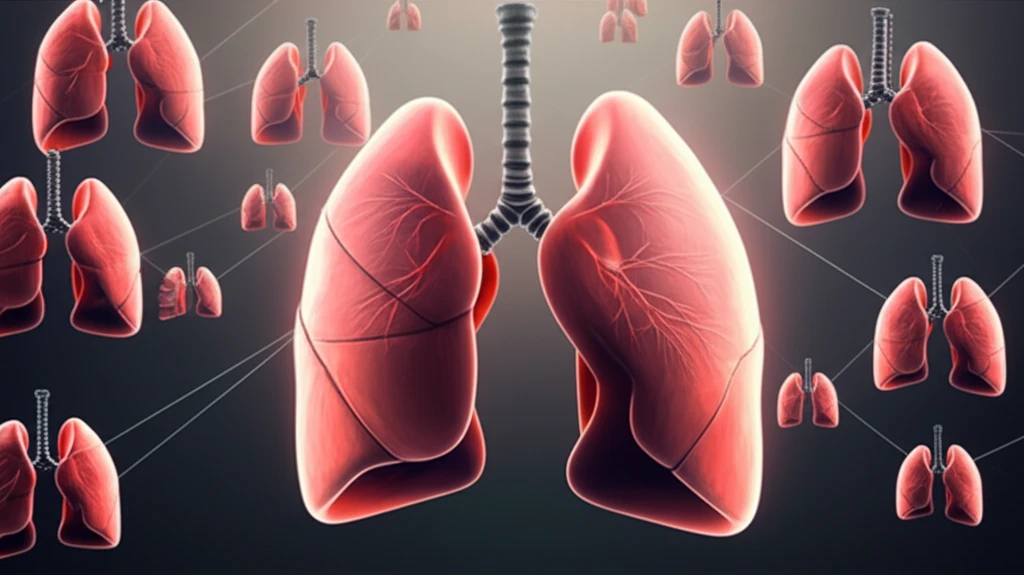
Pulmonary Arterial Hypertension: A Comprehensive Guide to Diagnosis, Treatment, and Hope
"Discover the latest advancements in managing pulmonary arterial hypertension (PAH) and how a multi-disciplinary approach can improve patient outcomes."
Pulmonary arterial hypertension (PAH) is a progressive and potentially life-threatening condition characterized by high blood pressure in the arteries of the lungs. This increased pressure makes it harder for the heart to pump blood through the lungs, leading to shortness of breath, fatigue, and other debilitating symptoms. While PAH can be a challenging diagnosis, advances in treatment and a comprehensive approach to care offer hope for improved quality of life.
In the past, PAH was often diagnosed late, leading to poorer outcomes. However, increased awareness and improved diagnostic techniques are enabling earlier detection. Referral centers specializing in pulmonary hypertension play a crucial role, bringing together multidisciplinary teams of experts to provide comprehensive care.
This article explores the importance of a multiprofessional and intrahospital approach to diagnosing and treating PAH, drawing on the experiences of a specialized clinic and network. We'll delve into the methods used for diagnosis, the range of treatment options available, and the potential for improved patient outcomes through collaborative care.
Why a Multidisciplinary Approach Matters in PAH Care?

Managing PAH effectively requires a team of healthcare professionals with diverse expertise. A multidisciplinary team ensures that all aspects of the condition are addressed, from accurate diagnosis to personalized treatment plans and ongoing support.
- Pulmonologists: Specialists in respiratory diseases who lead the diagnostic and treatment process.
- Cardiologists: Experts in heart function who assess the impact of PAH on the heart.
- Rheumatologists: Important for patients where PAH is linked to autoimmune conditions.
- Radiologists: Interpret imaging scans to assess the lungs and heart.
- Specialized Nurses: Provide education, support, and coordinate care.
- Pharmacists: Manage medications and monitor for side effects.
Hope for the Future of PAH Care
The experience of specialized centers and collaborative networks demonstrates the potential for improving outcomes for individuals with PAH. By fostering early diagnosis, comprehensive care, and ongoing research, we can continue to enhance the lives of those affected by this challenging condition. If you suspect you may have PAH, talk to your doctor about getting a referral to a specialized center for evaluation and treatment.
